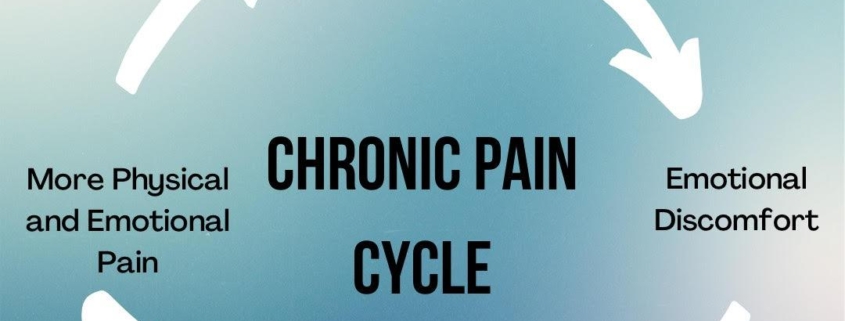
Chronic Pain and Sleep
Overview
Chronic pain is a complex condition that persists for 12 weeks or longer, and it can disrupt your sleep, leading to sleep disorders and exacerbating the feeling of pain. If left unmanaged, this cycle may impair one’s quality of life and overall health. Chronic pain and sleep problems are estimated to affect millions globally, highlighting the extensive impact of this condition.
Types
Chronic pain varies greatly among sufferers, as it can affect different parts of the body and manifest in multiple ways. Some common types include:
- Neuropathic Pain: Stemming from nerve damage, often presents as a burning or shooting pain.
- Fibromyalgia Pain: Widespread muscle pain and tenderness.
- Arthritis Pain: Joint inflammation causing pain, stiffness, and limited movement.
- Chronic Headache: Frequently recurring tension-type headaches, migraines or cluster headaches.
Causes
Chronic pain can arise due to several factors, like injury, surgical procedures, or diseases like cancer. With regard to sleep disorders, common issues include insomnia and sleep apnea. These conditions might stem from a host of root causes, such as psychological stress, environmental factors, or other underlying health conditions.
Symptoms
The symptoms of chronic pain can range from mild to severe and might include:
- Persistent ache or discomfort.
- Prolonged sharp or burning pain.
- Feeling of tightness or stiffness.
Sleep disorders, in turn, can present symptoms like:
- Difficulty falling asleep or staying asleep.
- Loud snoring or gasping for air during sleep.
- Frequent waking in the night or early morning.
Diagnosis
For chronic pain, diagnosis often involves a thorough medical history review, physical examination, and tests such as X-rays, MRIs or blood tests. Sleep disorders are commonly diagnosed through sleep studies that monitor your sleep characteristics and anomalies.
Treatment Options
Management of chronic pain and sleep disorders typically involve a combination of strategies:
- Medication: This can include analgesics, anti-inflammatory drugs, or specific meds for nerve pain or sleep disorders.
- Physical Therapy: To aid in strengthening body function and reducing pain.
- Cognitive Behavioral Therapy: To help manage pain and improve sleep habits.
- Surgery: In severe cases, surgical intervention may be considered.
Living With Chronic Pain and Sleep
Living with chronic pain and sleep issues can be challenging, but proactive steps can help manage symptoms:
- Exercise Regularly: Physical activity can help reduce pain and improve sleep.
- Practice Good Bedtime Habits: Establishing a regular sleep schedule and developing a calming bedtime routine can promote better sleep.
- Mind-Body Techniques: Practices like mindfulness, meditation, and yoga can foster relaxation and alleviate pain.
When to Seek Help
If the severity of your pain increases, sleep problems persist, or if new symptoms arise, seek medical advice. Likewise, any symptoms that disrupt your daily activities or cause concern should prompt a discussion with your healthcare provider. Remember, managing chronic pain and sleep health is easier when addressed promptly and comprehensively.
